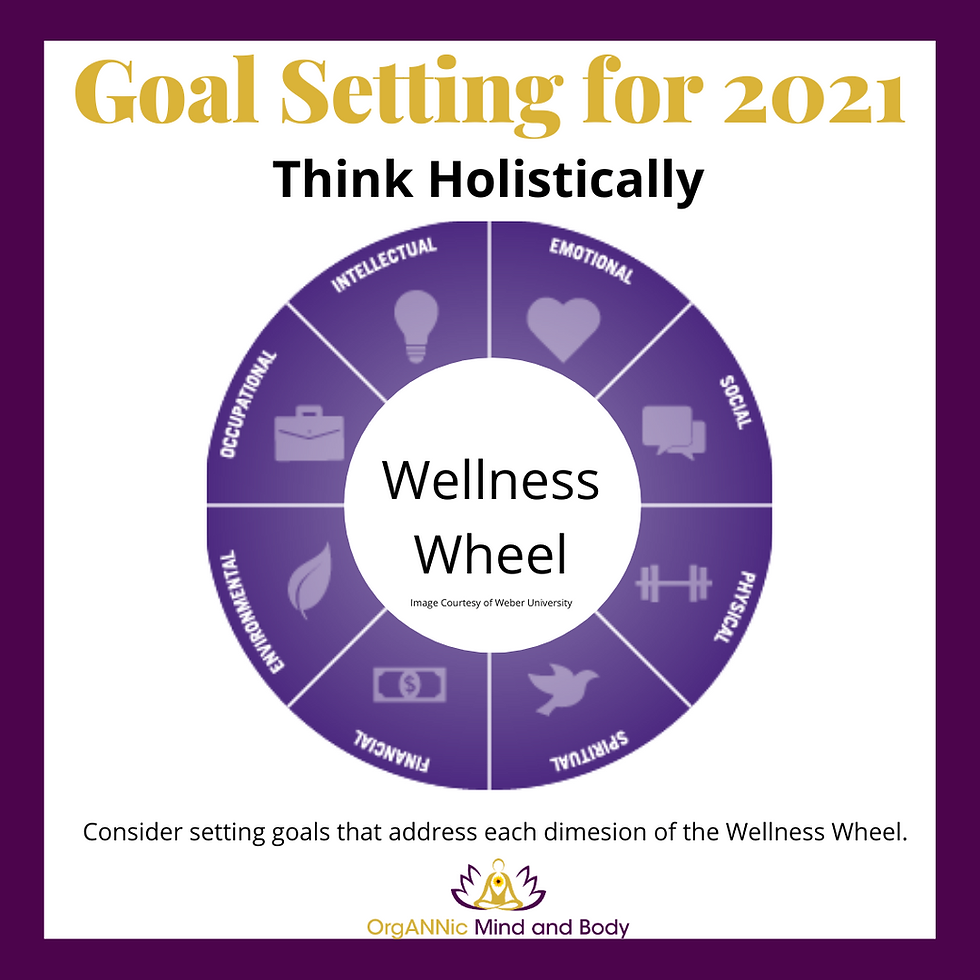Mental Health Stigma
- Amber ANN LMSW, MPH,CHES, LMSW
- May 19, 2017
- 2 min read

The Substance Abuse and Mental Health Services Administration (SAMHSA) found that up to 40% of individuals with mental illness did not receive the treatment that they needed in 2012. It is possible that mental health stigma may have contributed to these individuals not seeking treatment amongst other factors.
Patrick Corrigan, a prominent mental health stigma researcher, defines stigma as is a "complex construct that includes public, self, and structural components." Corrigan identified two types of stigma that have a large impact on mental health service seeking: person level barriers and system level barriers.
Person Level Stigma:
Can include attitudes. behaviors, cultural beliefs and support networks
Mental health literacy and lack of faith in the effectiveness of mental health services are also factors.
These factors can lead to self-stigma which is the result of internalized prejudice.
System Level Stigma:
Insurance and financial barriers...this is especially significant with the potential of "Trumpcare" becoming a reality.
Workforce constraints which may include difficulty taking off work to seek treatment or discrimination.
Culturally insensitive providers which ma alienate cultural diverse clients.
I believe that we can all help reduce mental health stigma by being mindful of the elements of NAMI's theme for mental health awareness month: inspired, informed, involved. Hopefully this post and other promotional media around Mental Health Awareness month with "inspire" a desire to be more "informed" about mental health. Understanding mental health is the first step to becoming more supportive and compassionate. Demonstrating support and compassion for individuals with mental health diagnoses and mental health treatment are great ways to be "involved" in mental health.
Above all, I think the most important thing it to be non-judgmental. This extends beyond mental health. Being non-judgemental is the first step to understanding each other and learning new things about life. We can have a significant impact in reducing person level stigma by being non-judgmental.
Have you experienced person-level or system level stigma in regards to mental health or in other areas in life? What are you thoughts on reducing mental health stigma? Comment below!
Photo Credit: National Alliance on Mental Health (NAMI)
References:
Corrigan, P. W., Druss, B. G., & Perlick, D. A. (2014). The Impact of Mental Illness Stigma on Seeking and Participating in Mental Health Care. Psychological Science In The Public Interest (Sage Publications Inc.), 15(2), 37-70. doi:10.1177/1529100614531398
SAMHSA:
.png)














































Comments